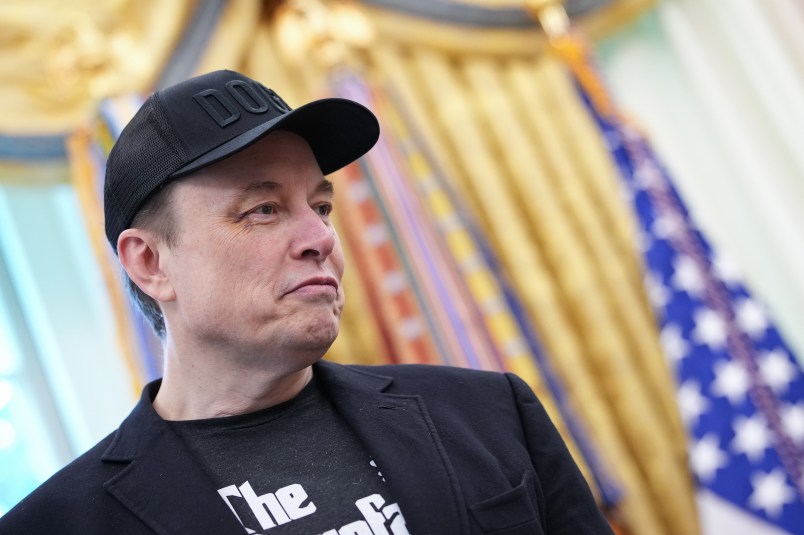Now Reading: 5 Points On Boasberg’s Big Alien Enemies Act Ruling
-
01
5 Points On Boasberg’s Big Alien Enemies Act Ruling
5 Points On Boasberg’s Big Alien Enemies Act Ruling

The original Alien Enemies Act case, which was mostly dismissed by the Supreme Court, has re-entered discussions. Following the Supreme Court’s decision to transfer most of the Alien Enemies Act challenges to individual judicial districts where Venezuelan nationals are detained under the act, the fate of deportees removed to CECOT in El Salvador remains unresolved. District Judge James Boasberg of D.C. ruled that the CECOT detainees were denied due process and ordered the Trump administration to propose a plan within a week to address this issue.
The Alien Enemies Act challenges against President Trump’s proclamation are testing the strength of due process. The cases highlight the executive branch’s disregard for court orders and the potential constitutional clash that has ensued. Boasberg’s decision sets the stage for a confrontation, as he addresses various aspects of the case and the limits of judicial power.
Boasberg’s ruling, while not a complete victory for the CECOT detainees, aligns with recent Supreme Court decisions defending due process. He emphasizes the need for a remedy to address the due process violations suffered by the detainees. Boasberg acknowledges the delicate balance between judicial duty and executive authority, considering the sensitive diplomatic and national security implications.
The CECOT detainees are unlikely to be released soon, as Boasberg contemplates alternative ways to provide them with due process. The Trump administration is expected to appeal Boasberg’s decision, potentially leading the case to the Supreme Court. Boasberg’s nominal injunction bond of $1 raises questions about his intentions and the legal implications of the case.
Boasberg’s criticism of the Trump administration’s actions underscores the ongoing legal battles surrounding the Alien Enemies Act. The delay in the D.C. Circuit Court’s ruling on the contempt of court inquiry adds to the uncertainty surrounding the case.






